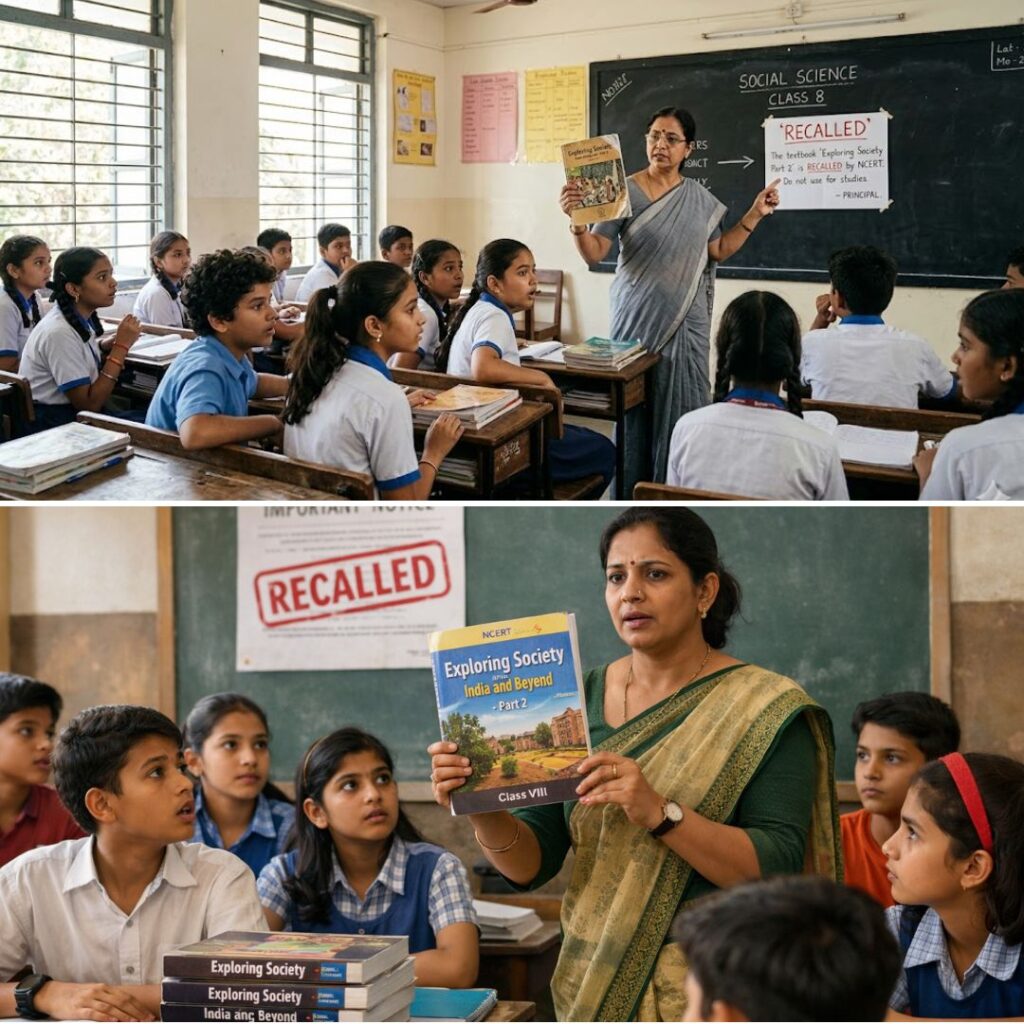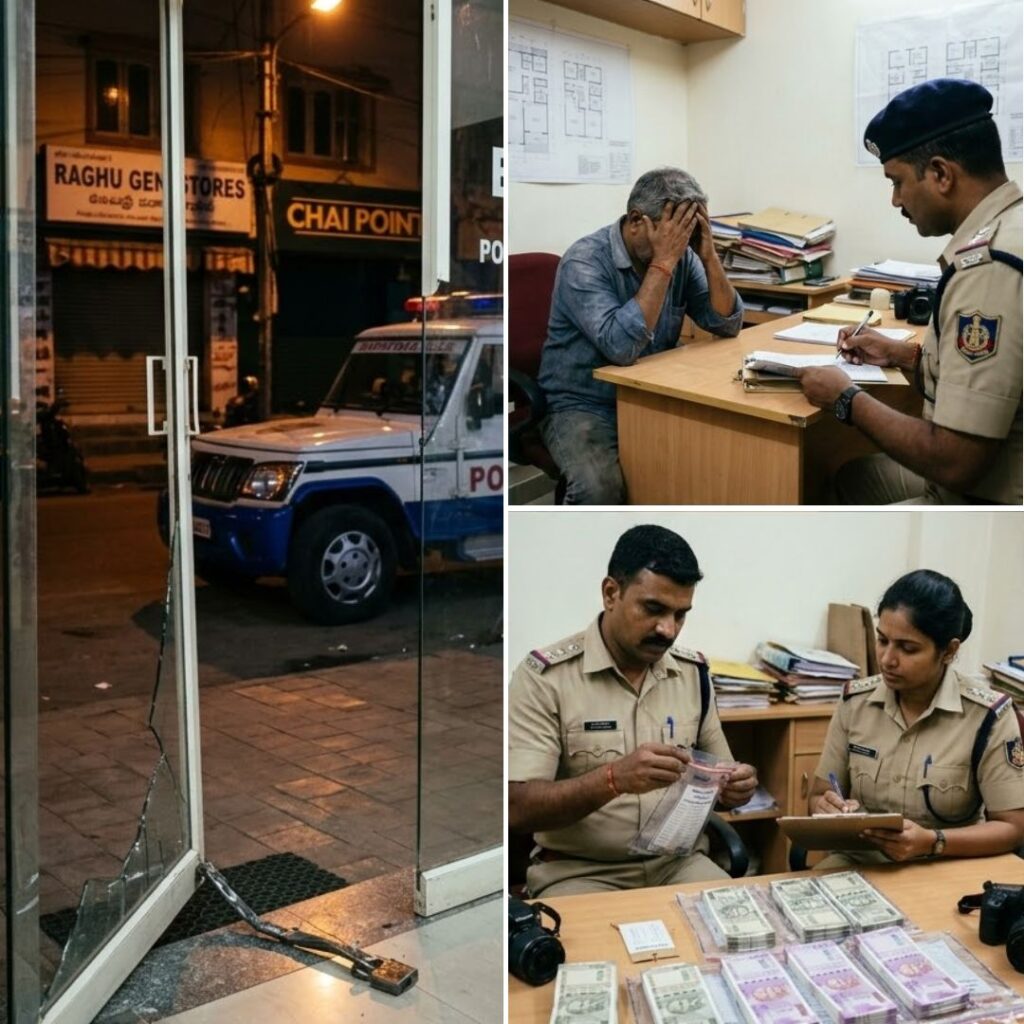Even after 36 years the 1984 anti-Sikh riots survivors continue to struggle to make ends meet, a survey conducted by the Delhi Minorities Commission has found.
The report titled, ‘Socio-Economic & Educational Status of Survivors of the 1984 anti-Sikh riots in Delhi’, was released by the panel on Thursday. The team sampled 3,668 families and their new generation, from eight locations in Delhi, including areas like Tilak Vihar (Widows Colony), Raja Garden, Punjabi Bagh, Chander Vihar, Hari Nagar, Rohini, Khayala and Vishnu Garden.
It did not include families who have moved out to different locations and those which are non-traceable due to lapse of time.
The study has highlighted three major challenges faced by the survivors- meagre incomes, unemployment and inability to receive a quality education.
According to the report, 96% of the surveyed families have availed specific assistance from the government, while 3.5% are under the poverty line.
The government had given monetary compensation in phases – 10,000/- for burnt houses and 5,000/- for partially burnt houses (1985), 10,000/- for those who lost their lives in the deadly riots (1987). In 1996, Rs 3.5 lakh was allocated by Delhi High Court to widows and families of those who were killed, along with the allocation of 3.5 lakh in 2006 for those who lost their properties while Rs 5 lakh was later paid in 2014 to next of kin of deceased people. There has been no assistance other than the ones mentioned.
Almost 57% of the respondents said that the government assistance given to them has proven to be ineffective in helping them get back to their pre-riot economic status, while 39% rated the support as moderately effective. Of the total, only 3% found the government support effective.
Overwhelmingly, 95% of the respondents still don’t have sufficient amounts or their monthly expenditure, while the share of those who can afford essentials account for only 4%.
As far as the education is concerned, of the total, 53% of them were found to be illiterate, while those who have completed up to primary and secondary education are 28% and 15% respectively. Only 3% have achieved a higher secondary level, while only 1% account for graduate people.
Children of low-paid or daily wage earners, who do not go to school belong to two different categories – those who never attended school and those who had to drop out, with 22% and 78% of the share respectively.
The panel said that the perpetrators of the riots are yet to be punished even as the violence has left a life-long scar on the psyche of the riots-affected families, who have witnessed brutal killings of their families and neighbours.
Measures suggested by the research team for socio-economic and educational upliftment include the provision of a government job to at least one family member, financial compensation for non-recipients of government benefits, free education in private schools, support to establish a small business by providing low-interest credit, and so forth.
The team also suggested provision of pension for survivors, along with free electricity and a moderate healthcare system.
The report has been submitted to the Centre and the Government of NCT Delhi, with a view that the findings will be taken into consideration and may help in providing the due assistance to the surviving.
Also Read: Karnataka: Private Hospitals To Keep 50% Beds For COVID-19 Patients










